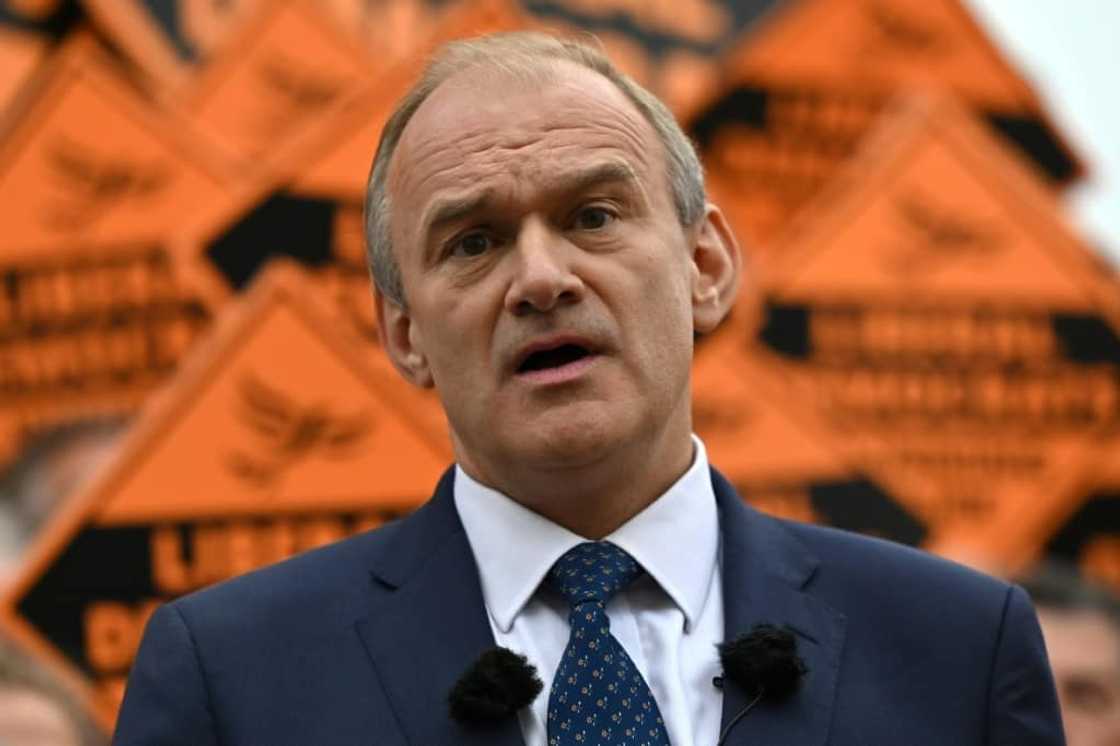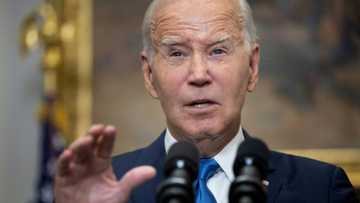UK Lib Dem leader vows closer EU ties but not to rejoin

Source: AFP
PAY ATTENTION: Let yourself be inspired by real people who go beyond the ordinary! Subscribe and watch our new shows on Briefly TV Life now!
British opposition party the Liberal Democrats on Tuesday promised a closer relationship with Europe if they come to power, but rowed back on a previous pledge to rejoin the bloc.
Party leader Ed Davey vowed to fix what he said was the UK's "broken relationship with Europe", accusing the ruling Conservative party of having "sold out" the country.
The trade and cooperation deal signed by prime minister Boris Johnson's government and Brussels in late 2020 had pushed up prices for consumers and increased bureaucracy for business, he said.
A review of the deal's terms is due in 2025, with the main opposition Labour party also vowing to get a better deal if it wins at a general election expected next year.
Speaking at the Lib Dems' annual conference in Bournemouth, on England's south coast, Davey vowed to "tear down trade barriers" and forge "a better economy, a better future with Europe".
The Lib Dems were the junior partner in a coalition with the Conservatives from 2010 to 2015, with Davey serving as energy and climate change minister under Tory prime minister David Cameron.
PAY ATTENTION: Follow us on Instagram - get the most important news directly in your favourite app!
Realistically, Davey's party has little chance of an outright election win, with Labour currently well ahead, but Davey's remarks show how much Brexit is still a factor in British politics.
Before the conference started, he had said he was "realistic" that reversing Brexit would take some time, reflecting political unwillingness to revisit the division caused by the 2016 vote to leave.
But there are signs the next government -- if Labour wins -- could seek closer, piecemeal realignment with Brussels without the explosive move of a call to rejoin.
Britons voted by 52 percent to 48 percent to leave the EU in 2016 but recent polling indicates that 58 percent would now prefer a return against 42 percent who want to stay out.
Source: AFP


